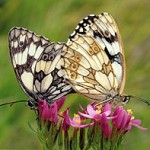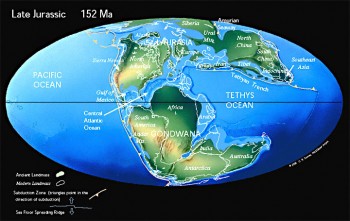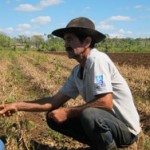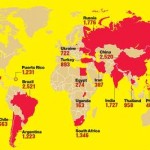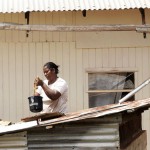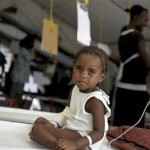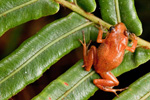Biopiracy Leaves Native Groups Out in the Cold | Cazadores de la medicina perdida
By Humberto Márquez, IPS. Traditional Yanomami Indian medicine discovered that some fungi at the top of Venezuela’s mountains can cure many serious illnesses. These fungi will soon be a new source of the anti-cancer drug Taxol that makes $1.6 billion a year for Bristol Myers Squibb. (English | Spanish)
Continue reading →

